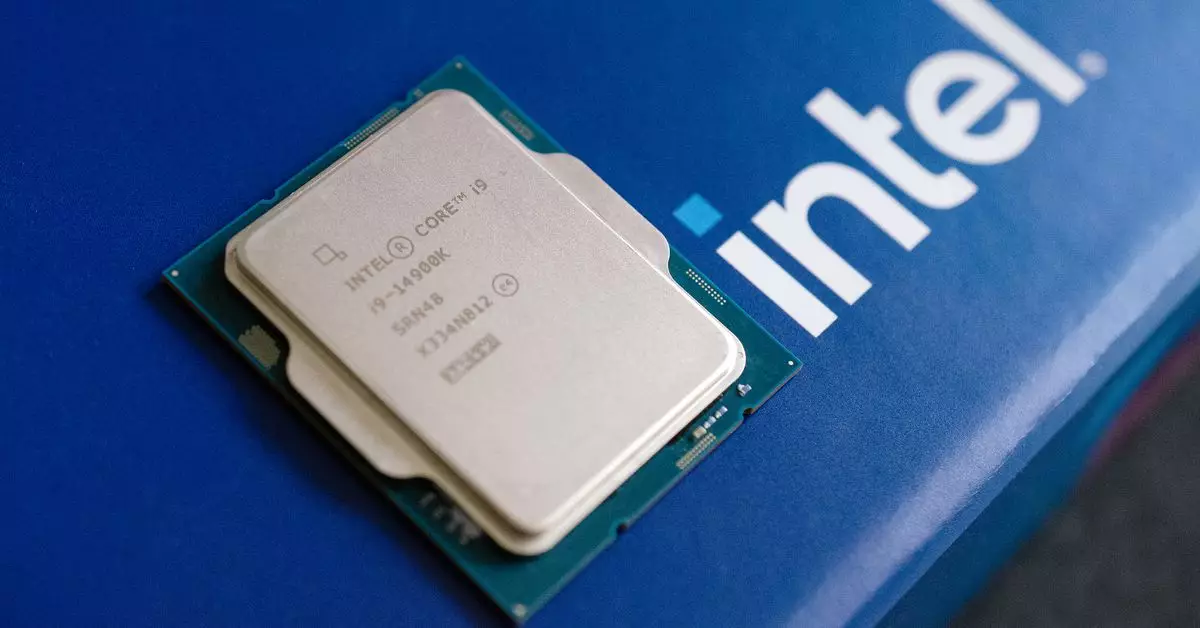In the fast-evolving world of technology, hardware reliability is crucial, and Intel is currently facing heightened scrutiny regarding its 13th and 14th generation Raptor Lake processors. As an attempt to mitigate significant risks associated with these chips, Intel has rolled out a new microcode update aimed at addressing alarming issues that could lead to permanent damage or system crashes. This comes amid growing concerns from users, as malfunctioning processors can impact the functionality of desktop systems, leading to frustrating user experience and potential financial losses.
The heart of the issue lies in the processor’s tendency to draw excessive power during low-demand situations, potentially causing thermal issues and premature aging. When CPUs request more voltage than needed—especially while idling or during light tasks—the hardware becomes susceptible to failure. Intel’s microcode update, identified as 0x12B, seeks to curb this power demand. However, companies need time to implement BIOS updates across their diverse range of motherboard products, which can extend the window of vulnerability for users. Additionally, while the update aims to prevent further incidents, it unfortunately does not address the existing problem of crashing chips already in consumers’ machines.
Recommended Actions for Users
For those currently experiencing issues, the advice is clear: do not waste time awaiting BIOS updates. Instead, users are encouraged to engage directly with Intel or their system provider. Under the special extended warranty Intel has put in place, affected users should seek replacements for malfunctioning chips. While warranties can instill confidence, they are only beneficial if manufacturers uphold their responsibility—individuals who encounter resistance should not hesitate to escalate their claims.
Despite the proactive measures taken, some pressing questions linger. How extensively have the Raptor Lake processors been affected by these voltage-related problems, and which specific batches may be involved? Intel’s silence on these topics raises concerns over transparency and customer trust. In a recent assertion, the company claimed that their laptop chips were unaffected; however, anecdotal reports suggest otherwise. Such inequalities in performance across product lines could damage Intel’s reputation in the long run if not addressed comprehensively.
The current situation surrounding Intel’s Raptor Lake processors serves as a sobering reminder within the technology sector of the importance of rigorous quality control and timely updates. As companies like Intel navigate these challenges, both users and hardware manufacturers must remain vigilant and proactive. While microcode updates represent a step in the right direction, a commitment to transparency and swift action is paramount for restoring faith in the product and ensuring users remain protected from the consequences of overlooked vulnerabilities.


Leave a Reply